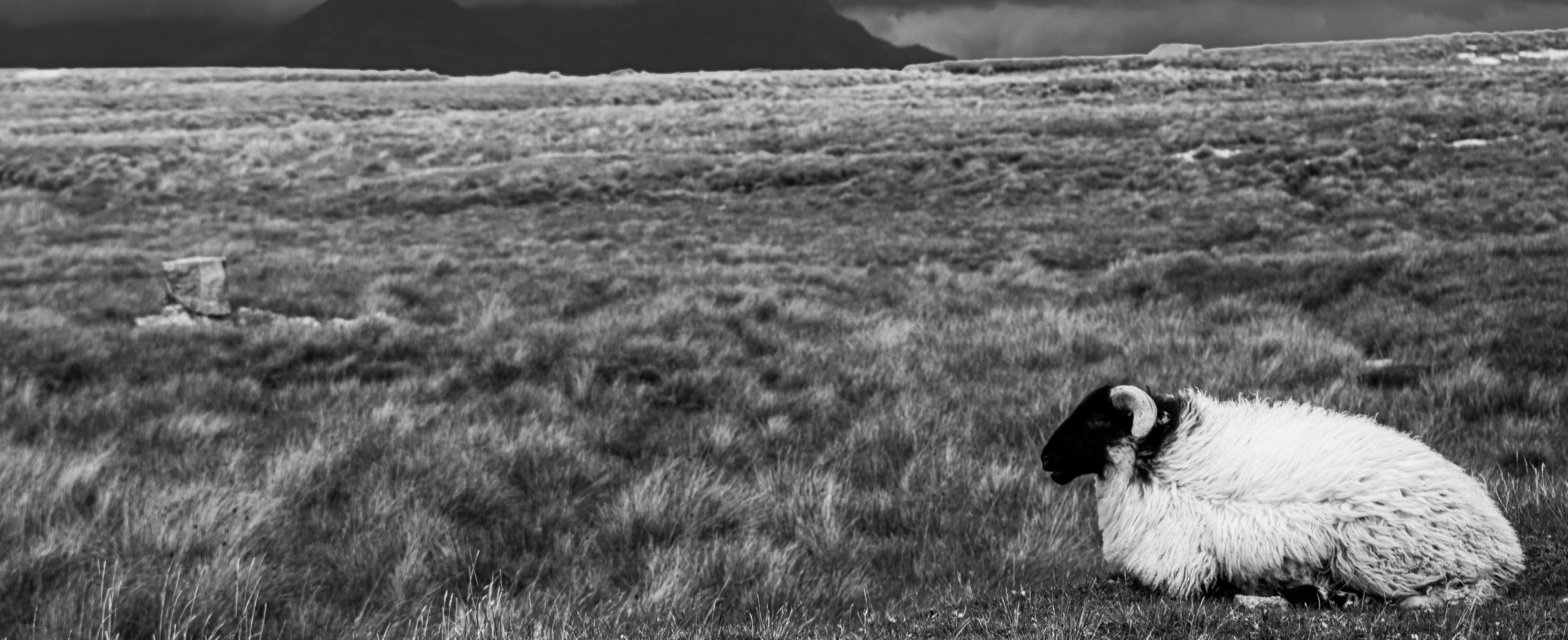Abstract
‘What he heard’ is a creative exploration of Jacob von Uexküll’s concept of Umwelt. von Uexküll posits that the earth comprises ‘unique worlds with equal completeness’ and that ‘the first task of Umwelt research is to identify each animal’s perceptual cues among the stimuli in its environment and to build up the animal’s specific world with them’ (von Uexküll 1957, 13). The three animals in the story perceive the world in markedly different ways. The first animal, the dog, perceives his environment as an olfactory space. He configures the world into a series of ‘scent lines’: the bushland becomes a ‘familiar pathway’ of action to take and obstacles to avoid (von Uexküll 1957, 50). The second animal, the human, follows a different line of perception. His ‘relations of meaning’ (von Uexküll 1957, 40) create an atmosphere based on his own psyche, even his own physicality. Trees become emaciated bones; roots become knuckles. Most importantly, the sounds of the bush become human breath and human agony. This presentation of the human Umwelt is influenced by current philosophical attempts to describe our world: in particular, the notion of the Anthropocene. Stiegler notes that the human vision of the Anthropocene is ‘global’, a discourse of domination over our environment. It is, he writes, ‘a massive and high-speed process…operating on a planetary scale’ (Stiegler 2015, 6). Beck confirms this: he writes that the identification of ‘our’ time as Anthropocene in some ways an attempt to claim the earth as an artefact of human ‘posterity’ (Beck 2014, 405). Even though there may be ‘little time to ponder upon death’, there is ‘time enough to report the fact’ (Beck 2014, 406). In other words, we are at least able to create a story about ourselves, even if it is a story about a cry of anguish and fear. The third animal’s Umwelt, hidden until the end of the story, presents a different ‘relationship between a living subject and its object’ (von Uexküll 1957, 11). Oblivious to the human psyche, the animal nevertheless takes human experiences and incorporates them into his own melody. The human vision of the Anthropocene may be global, but there may be another ways to engage with the world, ‘manifold and varied as the animals themselves’ (von Uexküll 1957, 5).
How to Cite:
Lobb, J., (2015) “What he heard”, Animal Studies Journal 4(2), 176-180.
Downloads:
Download PDF
94 Views
229 Downloads

